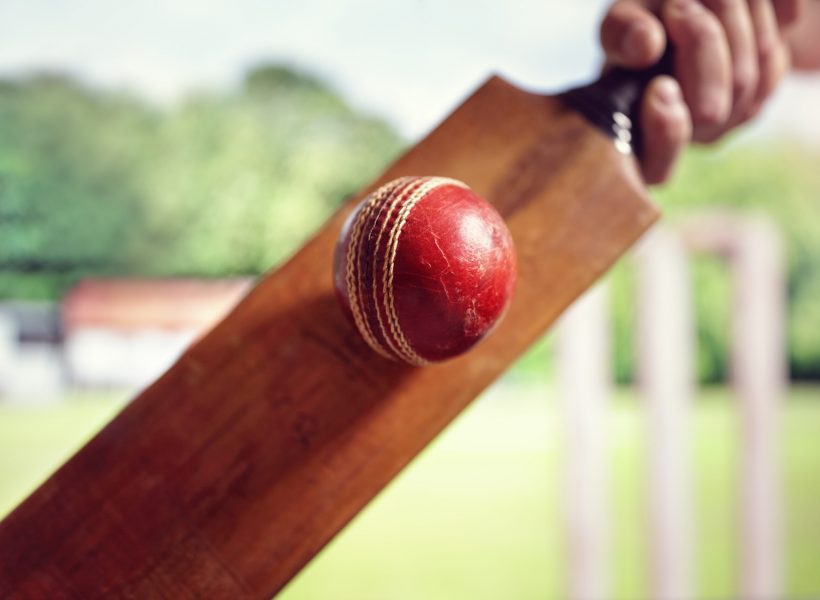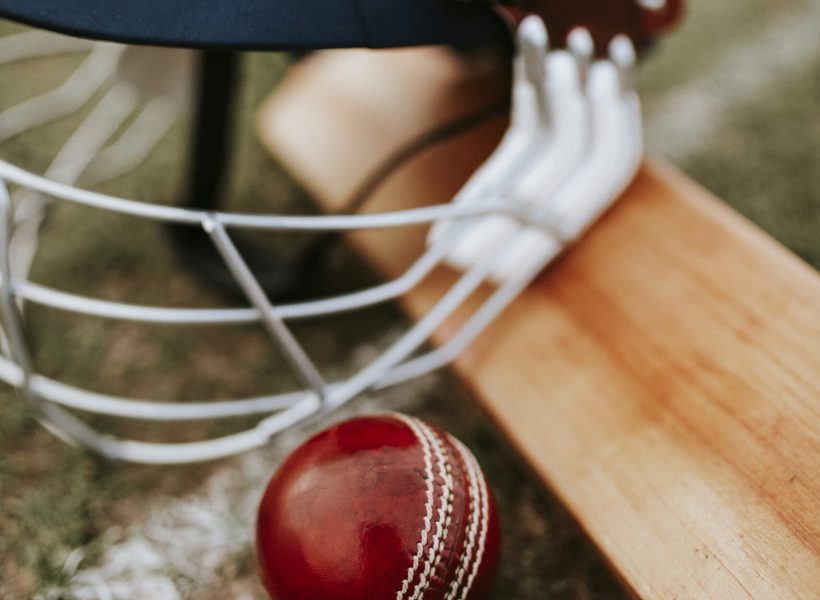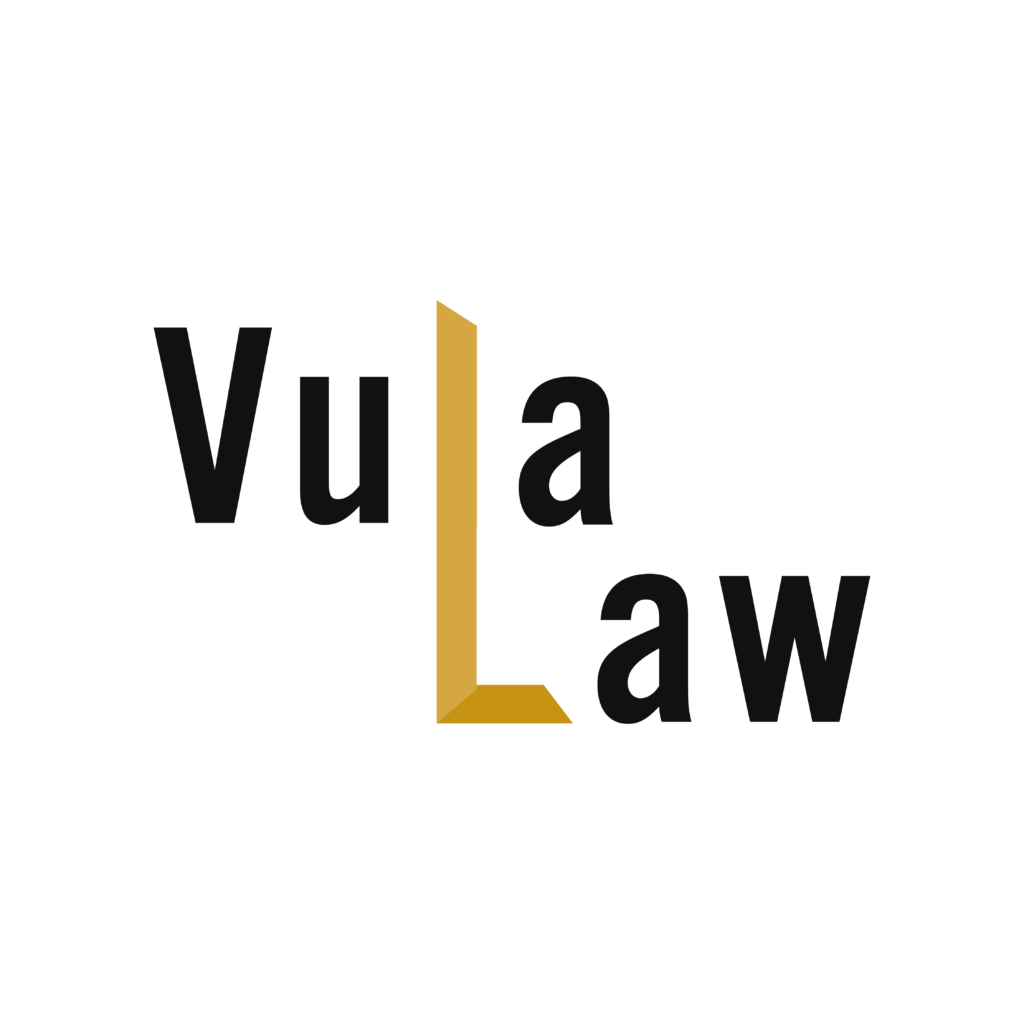Whereas Arendse’s name came up early on, it was temporarily put on ice as there seems to have been perception of lack of independence given Arendse’s previous directorship within CSA. For his part, Arendse explained that he was no longer a director at the height of governance lapses which caused a huge public outcry and an exodus of sponsors. Whether he has managed to convince the naysayers, remains to be seen. Conflict of interest can be nebulous at the best of times as perception can easily resemble reality.
Many have also lamented the fact that the only female president amongst all the affiliate unions did not make it to the CSA board as a non-independent director.
She reportedly lost out when an equality of votes arose and she had to go head to head with a male competitor who ultimately made it onto the board. As matters stand the new board has regressed considerably from a gender representation point of view. The new president has vowed to ensure that the composition of board sub-committees that are to be constituted shall reflect better gender representation. It will be impossible for him to achieve this alone as the appointment of the committees is a competence of the board.


The debate on independence and lack of gender representativity is an early test for the recently adopted Memorandum of Incorporation (MOI) of CSA which is hailed as a panacea to bring about much needed stability in the governance of cricket in South Africa. On the face of it, the MOI seems to have had a poor start as it failed to achieve crucial gender parity and eliminate perception of lack of independence notwithstanding the carefully crafted provisions of cooling off period. These early challenges also raise the question whether a company structure is appropriate for members-based entity such as CSA and other sporting federations.
CSA and its affiliates are the only major sport federations in South Africa that are incorporated as companies under the companies Act. SARU, SAFA and the umbrella body SASCOC amongst others, are established as a common law Universitas personarum or association of persons. This means that these entities are not governed by the Companies Act. They derive their governance regimes from their constitutions, they are not bound by the Companies Act and its governance prescripts and they may or may not comply with the King Code only to the extent that they elect to do so or as their members insist.
The universitas structure is used possibly universally by political parties and religious organisations who generally view the company structure as unsuitable to their activities. One of the many reasons this maybe the case, could be the flexibility of these governance structure and the need to escape the rigour of company law and the prescripts of the Companies Act.
The proponents of incorporating sports bodies in terms of the Companies Act believe that the Act keep such organisations on the straight and narrow as there are binding statutory requirements and onerous processes to amend constitutive instruments. On the other hand, a universitas needs only the requisite majority to amend its constitution and thus a new governance regime would forthwith take effect with no say from other stakeholders.
On independence, the CSA MOI defines an independent director by prescribing nine attributes in total.
Eight of these, are typical good governance requirements such as absence of existing business relationship with CSA and the like. The ninth of these requirements is a cooling of period which provides that one loses their independence if they have been involved in what is termed as active cricket in the preceding three years. Active cricket is defined to mean participation in and/or influencing any administrative or managerial decision making in the business of cricket. Curiously, the latest draft of the MOI carves out a person who was previously an independent director of CSA. Practically speaking, a person who was an employee or director including an independent director of an affiliate would not be eligible to serve on CSA board for three years, but a past independent director of CSA is not affected by the cooling off period. Despite these provisions it appears that some members still have lurking concerns about the independence of the independents.
Despite moves to the contrary in the US and other Western countries, company law and practice in South Africa does not prescribe gender parity on boards. The CSA MOI does not prescribe gender parity. Gender balance is left to the goodwill of members. Given the general attitude to gender issues in South Africa, whereas the CSA board gender imbalance is disturbing, it is not surprising.
Sports like politics and religion is highly emotive. Unfortunately, the emotions spill into the boardroom and we appear a long way from seeing stability on sporting board rooms. CSA and other federations should continuously seek to improve governance. The legal instruments alone are not enough.


